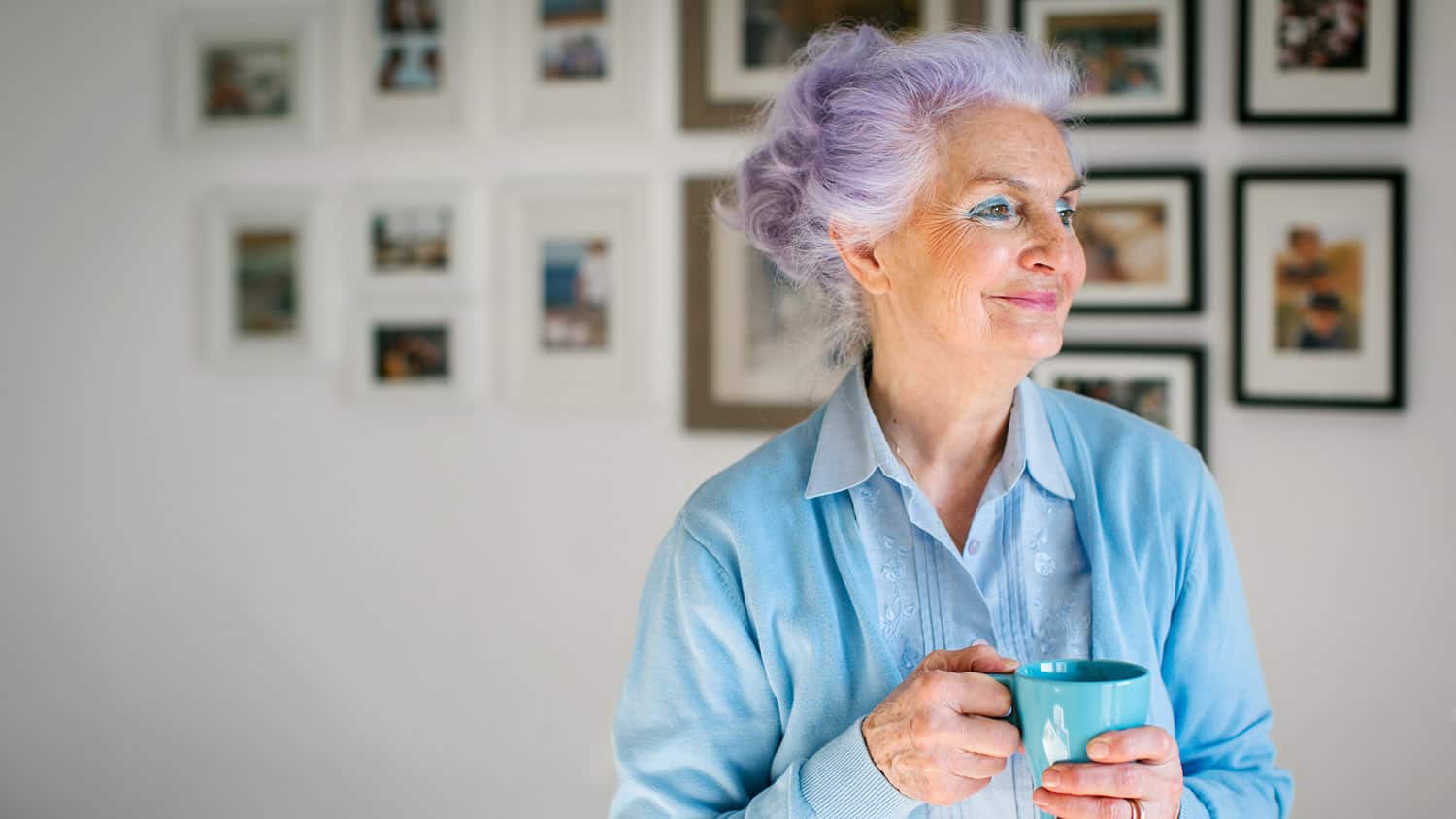
10 Warning Signs You or a Loved One May Need Assisted Living
Aging is a challenging process that affects everyone differently. Some people may experience moderate physical or mental declines, such as challenges navigating stairs or needing assistance with housework or lawn care.
Others may have a more challenging time with aging and need more assistance. Some people are able to age in place, while others find it necessary to transition to an assisted living facility.
Deciding when to move from a family home to an assisted living facility is a difficult decision to make. Often, it’s an emotionally charged decision, and there is not always a clear cut answer that it is time. However, there are some warning signs that suggest now may be the time to look at assisted living choices.
Below, we explore some of these warning signs.
#1: Trouble Driving
As people age, their reflexes also begin to slow, and this could put them at increased risk of accidents. Cognitive decline may also up the risk of these incidents.
If you or a loved one are struggling with your driving, this may indicate that a move to assisted living may be beneficial. If a person can no longer drive, this may up their feelings of isolation and make it difficult to go to necessary medical appointments.
#2: Memory Challenges
Memory challenges can range from relatively minor issues to severe challenges with dementia or Alzheimer’s disease. Sometimes memory challenges present as forgetting appointments or not carrying out routine daily tasks.
However, sometimes memory challenges pose real safety challenges, such as leaving burners on the stove. When memory challenges impact safety or daily living tasks, it may be an appropriate time to think about moving into an assisted living community.
#3: Mood Changes
Everyone, no matter what their age, has good days and bad days. However, if bad days begin to dramatically outnumber good ones, and there are frequent angry outbursts, it may be time to consider a change in a person’s place of living. Mood changes can also be a warning sign of dementia.
#4: Burned Out Family Members
Often, caregiving tasks fall to family members. Even in families with multiple siblings, one person usually bears the primary burden of caring for an aging family member. This can be an enormous physical, emotional, and financial burden.
Sometimes, people can become burned out from this. This burn out causes real consequences for the caregiver. When you notice burn out happening, it might be time to discuss a move to an assisted living facility.
#5: A Decline in Personal Hygiene
A decline in personal hygiene is also a warning sign that a person is having problems navigating living in their own home. Sometimes, this decline is due to physical reasons, and sometimes it can be attributed to mental or emotional reasons.
No matter the reason, an assisted living facility can help a senior adult more effectively deal with personal hygiene.
#6: A Messy House and an Untidy Lawn
Unkempt quarters is a warning sign that often goes hand-in-hand with #5 above. As people age, they may have more trouble keeping up with housework and lawn care.
If a loved one sees a dramatic decline in these areas, it may be time to discuss assisted living (or, at the very least, bring additional help into the home).
#7: More Medical Emergencies
Many people would argue that this is the most important warning sign indicating that a person needs more help as they age. These medical emergencies are often related to falls that happen around the home, and, frequently, these falls can result in severe injuries.
Assisted living facilities could reduce the risk of falls with more efficiency. The staff can also help monitor chronic conditions, such as congestive heart failure or Type 2 diabetes.
#8: Not Eating Well
As people age, they may also struggle with their nutrition. Grocery shopping and cooking can seem overwhelming. If you notice that your older loved one is missing meals or eating poorly balanced meals, then an assisted living facility may be able to help them. Better nutrition will help improve their overall health.
#9: Financial Mistakes
A decline in cognitive functioning could mean that it is harder for a person to keep up-to-date on their bills and balancing their checkbook. It may also make an older person more susceptible to a wide range of financial scams and exploitation. If you notice this happening, it is another critical warning sign that you should not overlook.
#10: Social Isolation
Social isolation is one of the most painful aspects of aging, as loved ones and friends begin to die. Many older Americans report being lonely in their homes. The Centers for Disease Control (CDC) have concluded that 1 in 4 older Americans are socially isolated.
Many are isolated for some of the reasons highlighted above, such as struggling with driving. This isolation can exacerbate depression and anxiety and may contribute to other medical problems. Living in an assisted living facility could dramatically help with these feelings of loneliness.
In Conclusion
Making the decision to move yourself or a loved one into an assisted living facility is not an easy choice. There is no one right or wrong answer about when it is time; it depends on a wide range of factors. However, when some of the warning signs highlighted above begin to present themselves, it may be time to consider this choice. Ideally, moving to an assisted living facility will help keep you or a loved one safe and healthy.
Tags Getting Older






